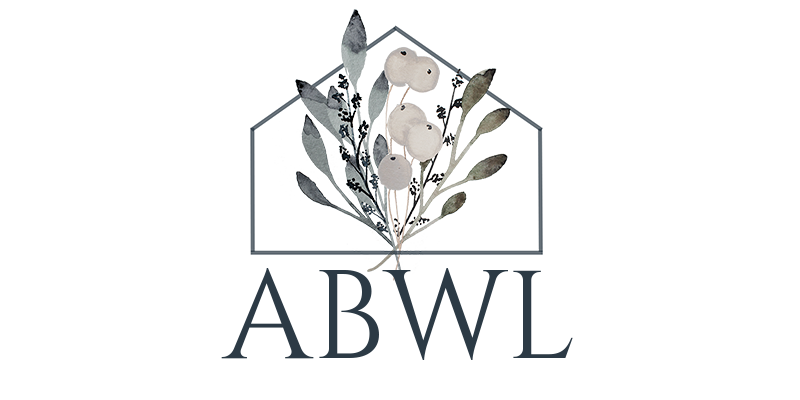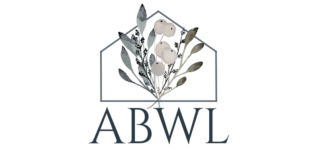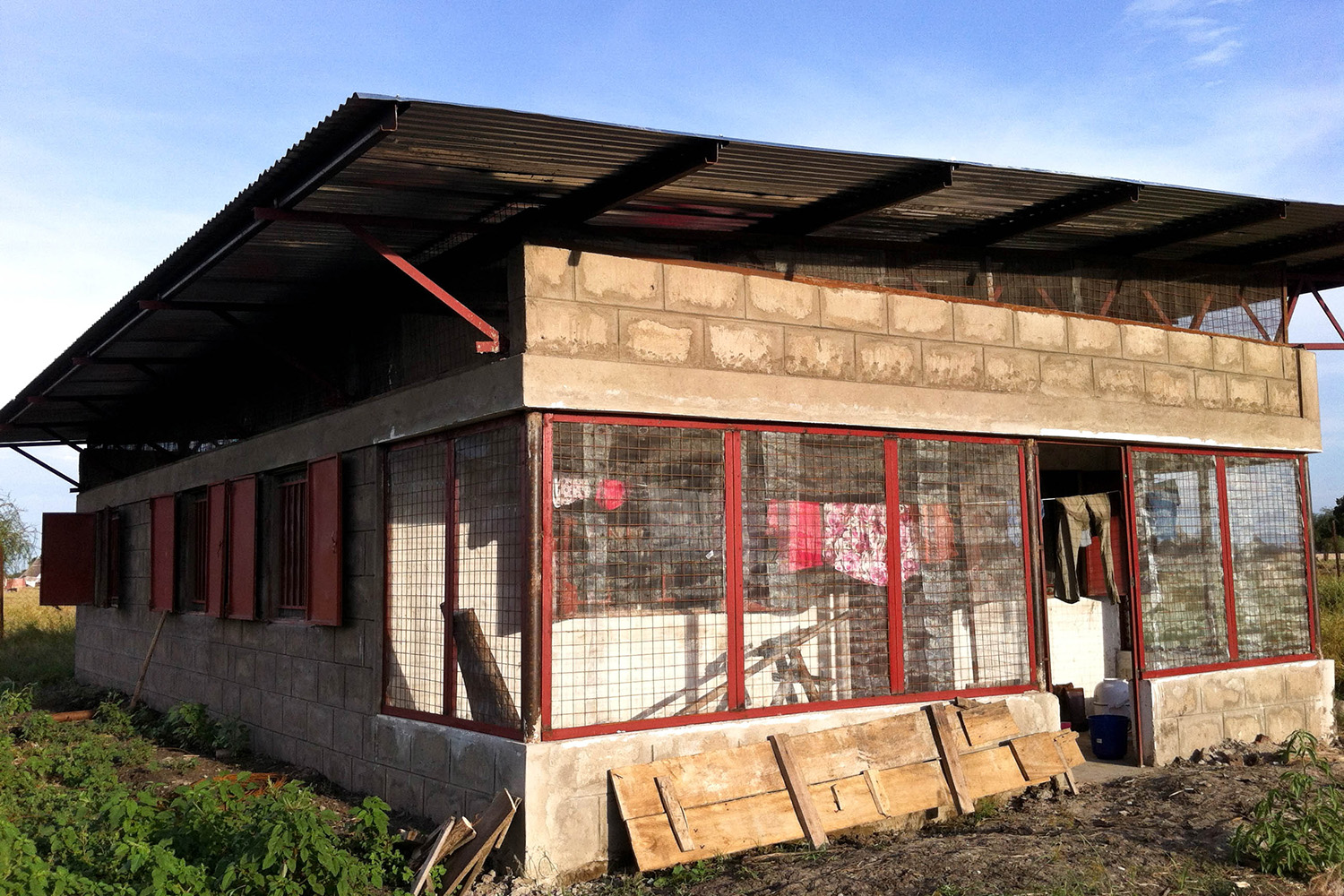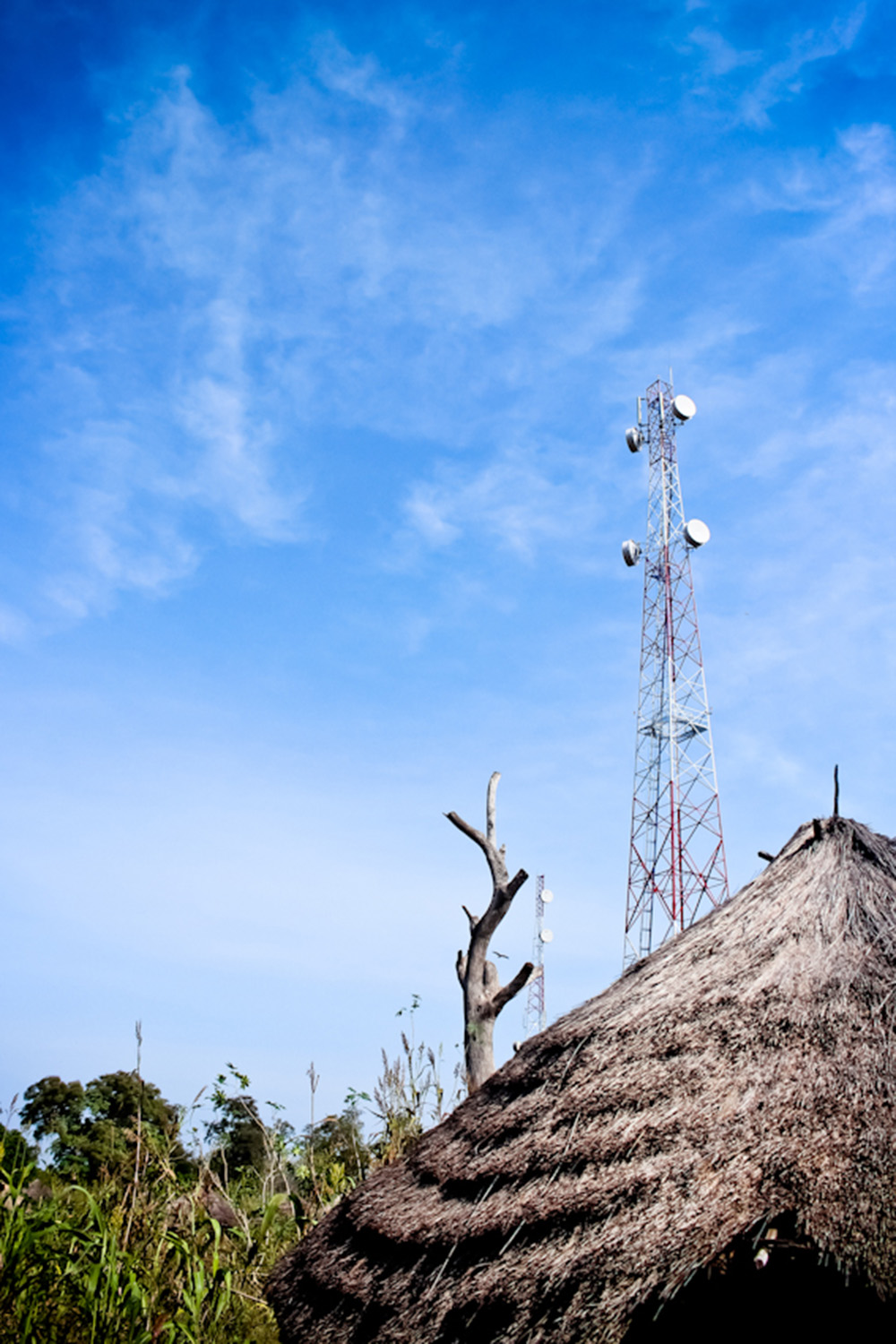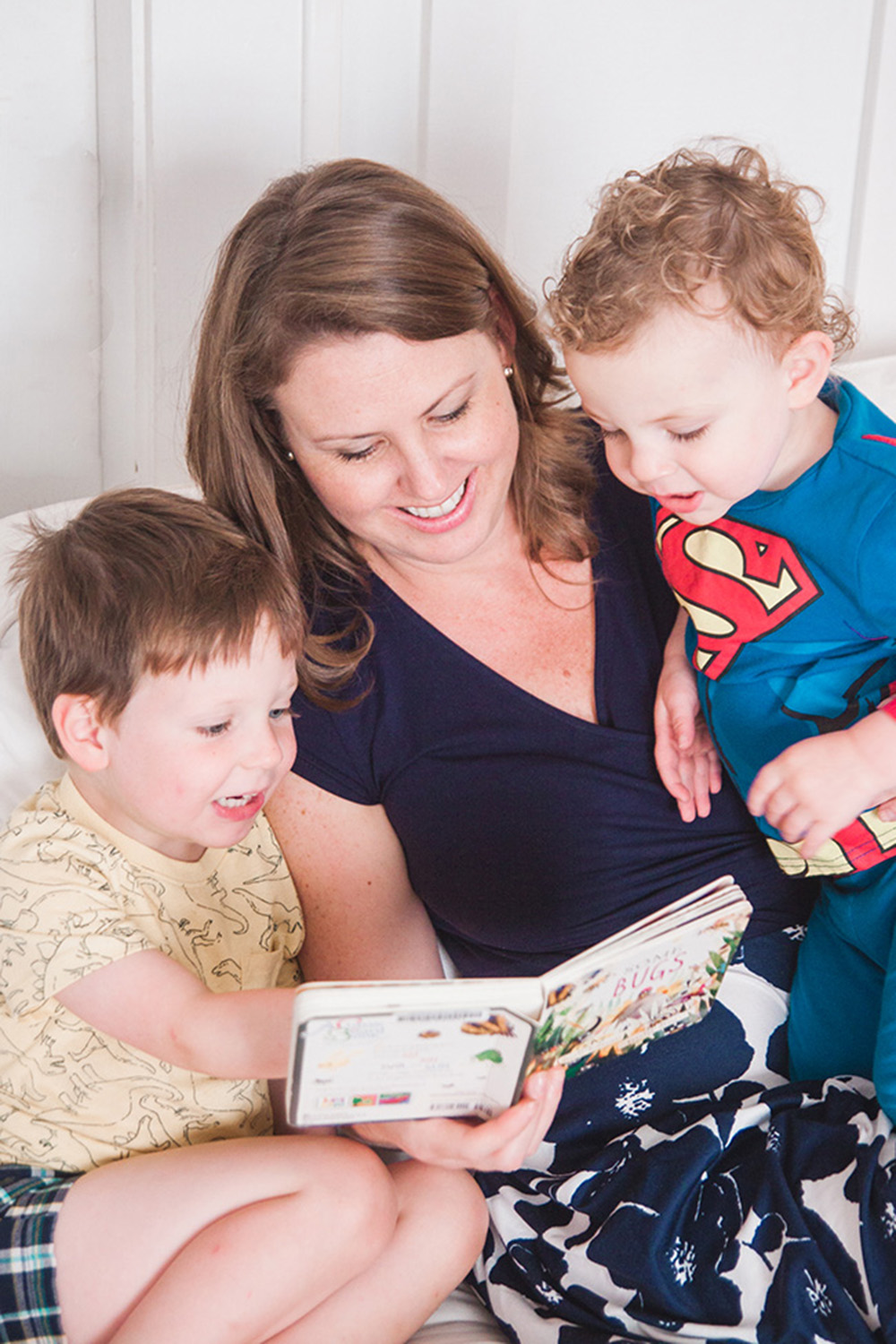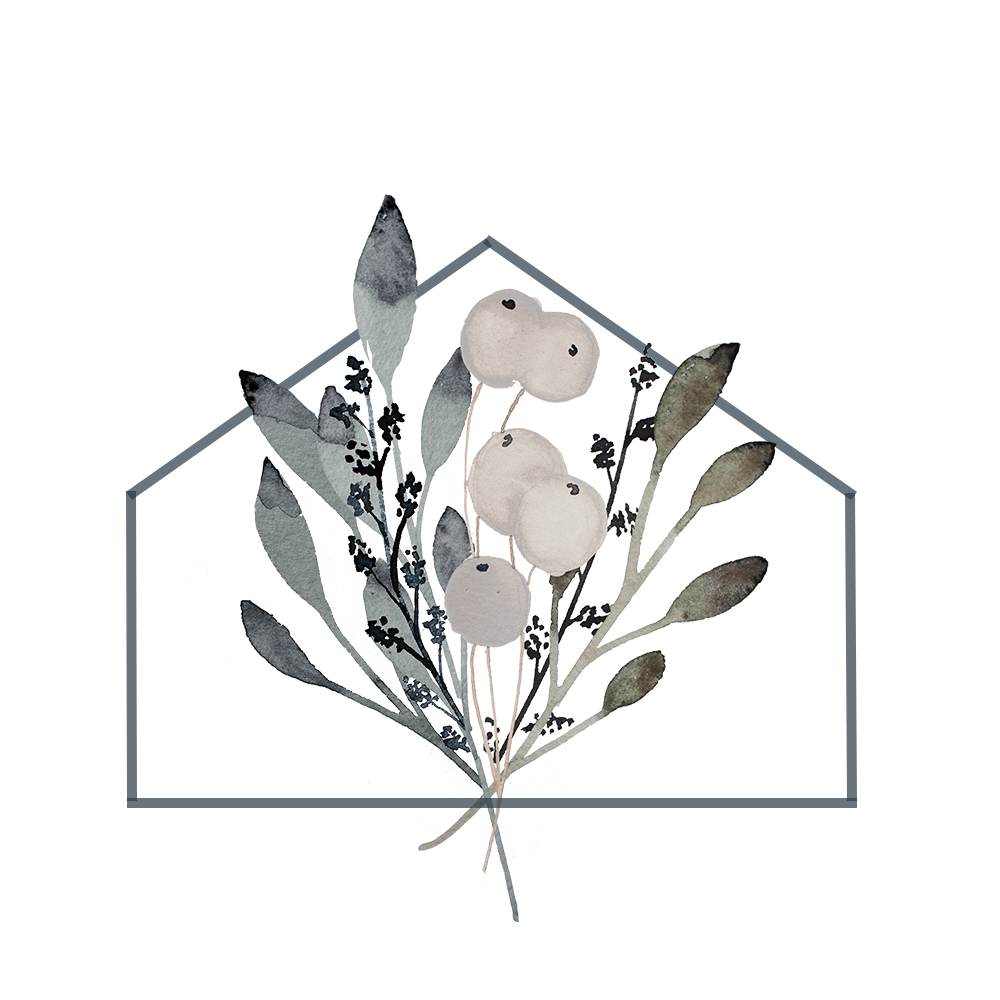let's be social!
We’ve had several people ask what daily life looks like here, and we wanted to give you a glimpse into a day in the life of a missionary in Nasir, South Sudan. I wrote a lot and tried to include as many pictures as I could.
Our day begins at around 7:00am, when we awake to the sound of roosters crowing, dogs barking, children playing, and birds scratching on our roof. We roll out of bed and climb out of the mosquito net, dress quickly (choosing from a limited wardrobe makes this an easy task), and hurry to the long drop that’s on the other side of the compound. We do our short (or long) call in a small, cinder-brick outhouse that has a hole in the cement floor that drops about 15 feet down.
 |
| This is the view I wake up to each morning. |
 |
| This is our brand new latrine…it’s much fancier than the old mud hut latrine! |
Right after we get up and get to the long drop, I come back in and make the bed. I was not usually very good about doing it every day in the States, but here it’s important. Not only does it look better, but when it’s made, the dirt and dust that blows in cannot fall into the sheets. We learned that lesson the hard way!
After we take care of our immediate needs, we come back into the house and begin getting ready for the day. Before I take care of hygiene, I open the valve on our kerosene stove so that the wick will soak while I’m brushing my teeth and washing my hair. We brush our teeth using a cup of filtered water while standing in the shower area so that we can spit down the drainage hole. I also usually wash my hair in the mornings, simply by hanging my head over a basin of clean water and dumping cup after cup of water over it before and after shampooing. Once my hair is washed, I get started on breakfast.
By that time, the wick has soaked up the kerosene in order to light the stove, so I go ahead and light it. We put a kettle full of water on to boil for tea (Blaise), coffee (me), and oatmeal. Breakfast is either oatmeal or a local bread that’s available in the market (but that we heat up to kill any sneaky germs, and I put fat spread, sugar, and cinnamon on it to caramelize the toppings). While we wait for the water to boil, I “style” my hair, which consists of twisting it all over my head to pseudo-control the frizz and curl it without heat (a trick I learned from a stylist in Kampala). The brilliant part of living here is NO MAKEUP! I thought I would still wear at least eye makeup each day, but there’s really no point…and it’s completely liberating!
At about the time I’m done with that, the water is boiling. I brew coffee in a French press, Blaise makes a cup of tea, and if I’m having oatmeal I’ll pour a little water into that to cook it. Whatever water is left we pour into our Thermos, and we’ll use it later in the day for tea time. It’s at about this time each morning that we set out our empty jerri cans for NyaReat and NyaBuol to refill for us. Since we do not have running water, and since fetching water takes both time and strength that I do not have, we have provided these amazing women with jobs and we get water delivered to our house a couple of times a day.
Blaise is not a big breakfast person, even here, so I sit down to breakfast and usually get out my language materials and begin either creating our lesson plan for the day or reviewing language. Blaise checks emails and gets anything ready that we’ll need for the day.
At 8:00 am, just after breakfast, we meet as a whole team for prayer. We alternate houses with Laura and Christina, so we’re either at theirs or ours. This is a time during which we war in prayer for the people of Nasir, our loved ones and supporters in the States, our ministry, our team, and whatever else God lays on our hearts.
Often, after we finish prayer we spend a few minutes giving any updates, discussing any tasks that have to be completed that day, and whatever other pertinent information must be covered. Once we’ve taken care of “housekeeping,” we go directly to language class. Just before we walk over to language, I set one of the full jerri cans out in the sun so that it can spend all day soaking up heat. We’ll use that jerri can for our bath, and some days it is HOT water!
Our “classroom” language learning is from 9 until noon each day, and it’s a really demanding time. If you’ve ever learned another language, then you know just how difficult it is to convert all of your thoughts from English to the second (or subsequent) language, structure sentences properly, and then say it out loud, hoping that you get the pronunciation correct. Also, because it’s barefoot language learning, we guide the instruction. So, each day I come with a lesson plan prepared, and we more or less follow that. We learn some new phrases, we conjugate verbs, we analyze sentence structure, and we review previous material. By the time we’re finished, each of us is pretty exhausted and our brains are numb.
We usually take a break during language, and if I need to get any laundry or dishes done, I will get those started during the break that way I can finish them during lunch.
At noon we wrap up language, dismiss our tutor, and begin preparing lunch. Each day is a little different, but usually it’s either left-overs from the previous evening’s dinner, PB&J pockets, or rice and beans. Sometimes we splurge and go into town and have lunch at our favorite Ethiopian restaurant. After we eat, it’s our rest time. Life here is pretty exhausting because of how much physical labor most chores require, and because the heat and language learning take a lot of our energy. Sometimes we nap and sometimes we get other chores done, like finishing laundry and dishes.
Because I’m not a morning person and because the bugs are too bad to do it at night, I also take about an hour during our rest time for my own quiet time with the Lord.
At 3:00, we are starting language learning again, only this time we go into the community to practice what we’ve learned. This is when we get to meet new people, continue building relationships with friends, and minister to people. We take another language tutor with us, and he serves to translate for us when we need him to, but the point is for us to actually have conversations in Nuer, make mistakes, and learn. We typically use his translation services when we ask to pray with people and when we wish to tell Bible stories, etc. Those things are too important to rely on our own very limited Nuer language skills.
A few days each week, immediately following our afternoon language session I meet with the three women on our compound to teach them English. Thus far, it has served as a way to deepen those relationships, to continue to practice my Nuer (I teach them things in English as I learn to say them in Nuer), and to meet a desire they have to learn to speak English. It’s a lot of fun to teach them, because the very ways in which they struggle with pronunciation of English words, I struggle with pronunciation of Nuer words. It has also opened up several opportunities to discuss some serious issues such as marriage, polygamy, suffering, etc.
During that time, Blaise works on some projects around our compound or our house. It’s not a lot of time, usually only about an hour, but we lose daylight so quickly that he tries to squeeze as much in as possible.
After that, our evening progresses rapidly. We are busy preparing and cooking dinner (usually in the dark), putting away clean clothes and dishes, and generally getting ready for the evening. We often eat together as a team, so we’ll take that time to discuss the day, cover any new information, and try to unwind and process the day. Once we’ve eaten, we come back home, take our bucket baths, and quickly get into bed before the mosquitoes get bad. Each evening is a little different, but generally we’re in bed by 8:30 to avoid the bugs and bats that come into our house. We read, watch movies on the computer, or just go to sleep early. Even in the States I went to bed pretty early, but here we’re just so tired at the end of a day that there’s very little better than clicking off the headlamps and drifting off to sleep.
